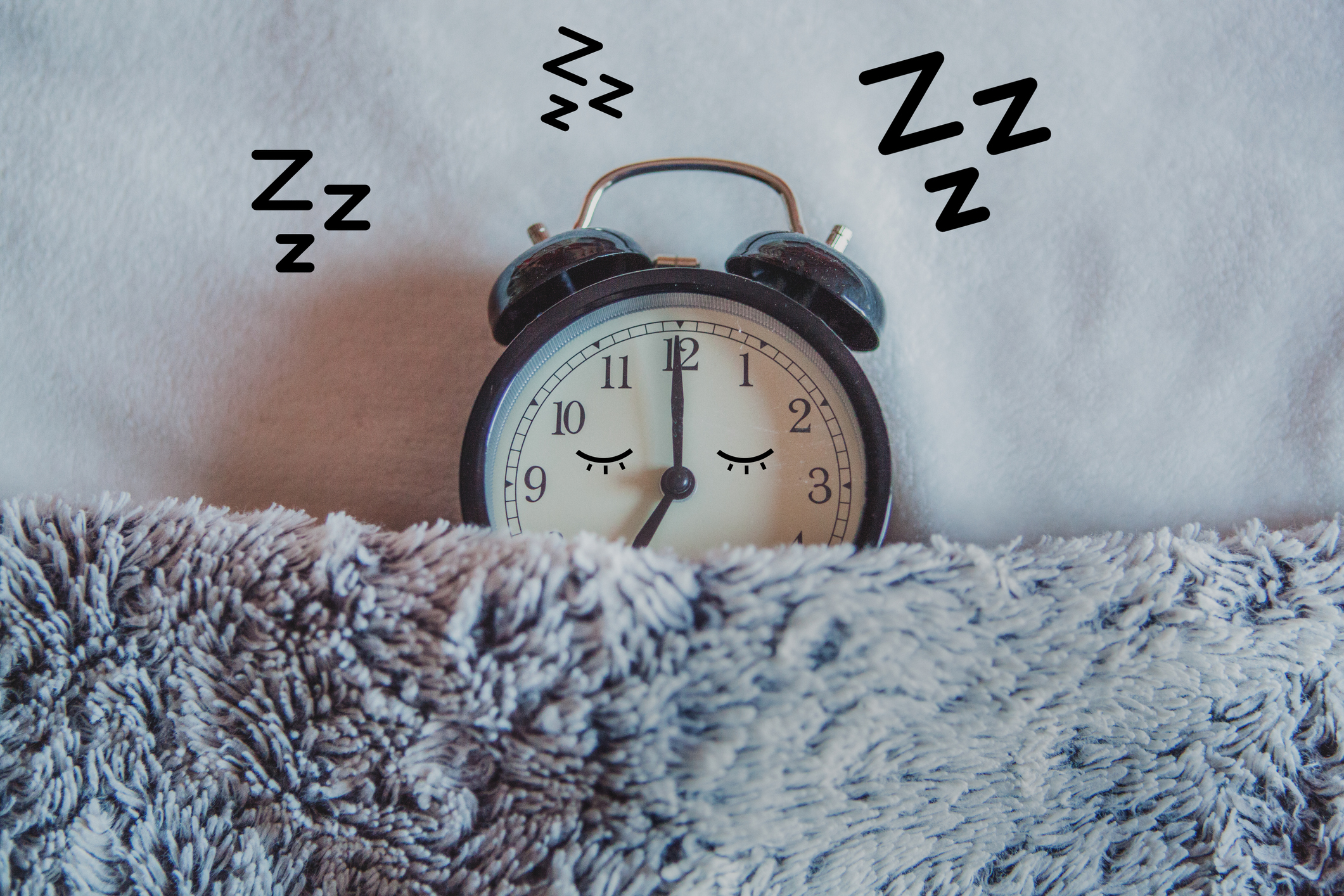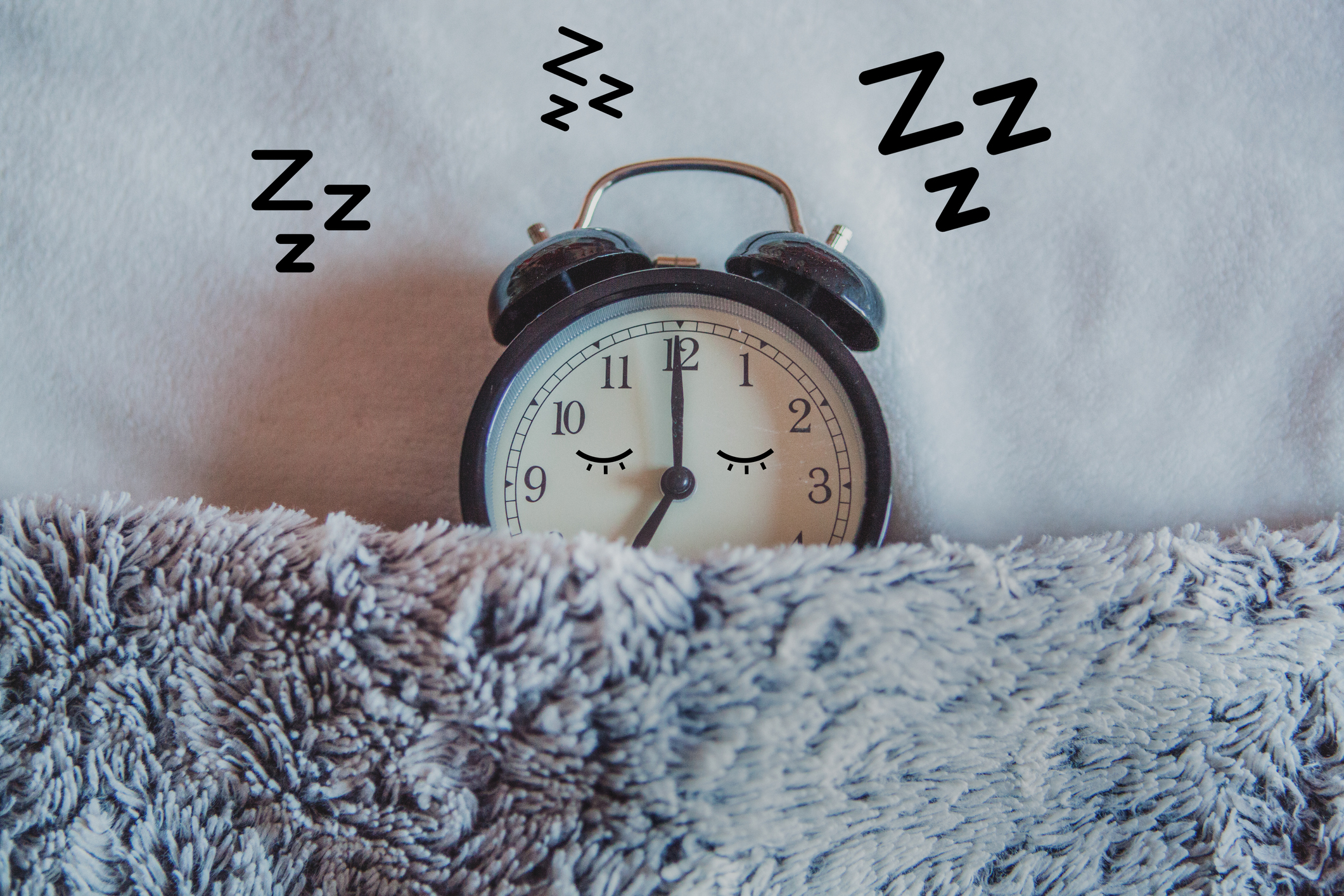Learn about brain health and nootropics to boost brain function
Brainwave Patterns During Sleep Impact on Ability to Learn New Tasks


Researchers at the University of California, San Francisco (UCSF), have shown how the balance between two types of electrical activity in the sleeping brain can influence whether animals remember or forget tasks that were learned the previous day. The scientists found that by using a technique known as optogenetics to dampen the activity of specific neurons in sleeping rats, they could influence how well the animals were able to learn a new skill. The findings hint at the potential to boost human memory, or help the brain to forget traumatic experiences.
“We were astonished to find that we could make learning better or worse by dampening these distinct types of brain waves during sleep,” said research lead Karunesh Ganguly, MD, PhD, an associate professor of neurology and member of the UCSF Weill Institute for Neurosciences. “… We believe these two types of slow waves compete during sleep to determine whether new information is consolidated and stored, or else forgotten.” The authors report on their studies in Cell, in a paper titled, “Competing Roles of Slow Oscillations and Delta Waves in Memory Consolidation versus Forgetting.”
Sleep is known to be important for selective memory consolidation, and also for forgetting experiences, the authors explained. Animal studies have shown that the same neurons involved in forming the initial memory of a new task or experience are reactivated during sleep to consolidate these memory traces in the brain. It’s commonly thought that our ability to forget is also an important function of sleep. However, what scientists don’t yet know is what governs the balance between the two. “This question is of fundamental importance,” they suggested, “as the nervous system constantly faces the challenge of whether and how to selectively preserve the neural correlates of new experiences through memory consolidation, while simultaneously supporting the weakening of memories deemed to be less important.”
Slow oscillations (SO) and delta (δ) waves are hallmarks of so-called non-REM (NREM) sleep, which typically makes up half or more of a night’s sleep for humans. Evidence to date suggests that these non-REM sleep stages play a role in consolidating various kinds of memory, including learning motor skills. Human studies have found that time spent in the early stages of non-REM sleep is associated with better learning of a simple piano riff, for example. As Ganguly stated, “In particular, delta waves are a big part of sleep, but they have been less studied, and nobody had ascribed a role to them.”
Ganguly’s team began studying the role of sleep in learning as part of work to develop neural implants that would allow people with paralysis to use their brains to reliably control robotic limbs. Early experiments in laboratory animals suggested that the greatest improvements in animals’ ability to operate brain-computer interfaces occurred when they slept between training sessions. “We realized that we needed to understand how learning and forgetting occur during sleep to understand how to truly integrate artificial systems into the brain,” Ganguly said.
For the studies reported in Cell, a dozen rats were implanted with electrodes that monitored firing among a selected group of neurons in their brains’ motor cortex, which is involved in conceiving and executing voluntary movements. Rats could control a water-dispensing tube in their cages by generating a specific pattern of neural firing. Each rat had to learn how to fire a small ensemble of neurons together in a unique new pattern in order to move the spigot and get the water. They were effectively carrying out a type of biofeedback.
The studies demonstrated that the same unique new firing pattern replayed in animals’ brains as they slept, and the strength of reactivation during sleep was linked with how well rats were able to control the water spout the next day.
The next step was to try to understand how the animals’ brains controlled whether they learned or forgot while they slept. To do this the scientists used optogenetic techniques to determine how the SO and delta waves, respectively, strengthened or weakened the firing of specific brain cells involved in the newly learned skill.
To manipulate the effects of brain waves during non-REM sleep, the researchers genetically modified rat neurons to express a light-sensitive optogenetic control switch. This allowed the team to use lasers and fiberoptics to precisely and with millisecond timing dampen brain activity associated with the transmission of the slow oscillating waves or the delta waves in a tiny patch of the brain around the new memory circuit.
They found that disruption of delta waves strengthened reactivation of the task-associated neural activity during sleep, so that the animals performed better when they woke up. “… delta waves are a big part of sleep, but they have been less studied, and nobody had ascribed a role to them,” Ganguly pointed out. Conversely, disrupting the slow oscillation waves resulted in poorer performance upon waking. “Slow oscillations seem to be protecting new patterns of neural firing after learning, while delta waves tend to erase them and promote forgetting,” Ganguly added. “Linking a specific type of brain wave to forgetting is a new concept. More studies have been done on the strengthening of memories, fewer on forgetting, and they tend to be studied in isolation from one another. What our data indicate is that there is a constant competition between the two—it’s the balance between them that determines what we remember.”
Further tests showed that in order to protect learning, slow oscillations had to occur at the same time as a third, well-studied brainwave pattern known as sleep spindles. A sleep spindle is a high-frequency, short-duration burst of activity that originates in the thalamus, and then spreads to other parts of the brain. Sleep spindles have been linked with memory consolidation, and lack of normal sleep spindles has been associated with disorders including schizophrenia and developmental delay, and also with aging.
“Our results show that NREM sleep appears to consist of processes that compete to promote consolidation versus weakening during sleep-dependent memory processing,” the authors concluded. “Our data demonstrate that the precise temporal coupling of spindles to SOs is essential; we specifically found that it appears to be important for maintaining the reactivation strength of neural ensembles formed during the process of learning and for promoting offline performance gains. “Our data also support a model in which waves trigger δ waves trigger processes that weaken SO-driven consolidation.”
The results indicate that there is “a strong drive to forget during sleep,” Ganguly added. “Very brief pairings of sleep spindles and slow oscillations can overcome delta wave-driven forgetting and preserve learning, but the balance is very delicate. Even small disturbances in these events lead to forgetting.”
How the balance between delta wave-driven forgetting and slow oscillation-driven learning is controlled isn’t yet understood. A greater insight into the process could have a major influence on the study of human learning and memory, Ganguly commented. “Sleep is truly driving profound changes in the brain. Understanding these changes will be critical for brain integration of artificial interfaces and may one day allow us to modify neural circuits to aid in movement rehabilitation, such as after stroke, where previous studies have shown that sleep plays an important role in successful recovery.”
The authors say the findings may also have implications for research on aging, as well as for potential approaches to treating stroke or traumatic injury. “The elderly are less likely to have sleep-dependent consolidation benefits, perhaps because of a reduction in the nesting probability between SOs and spindles,” they stated. “If our results also apply to the aging brain, it is possible that age-related changes in the natural balance between SOs and δ waves can determine whether offline gains can occur. This may also apply to the post-injured brain and the recovery process; there are known increases in δ waves after cortical injury.”
Click here to view full article